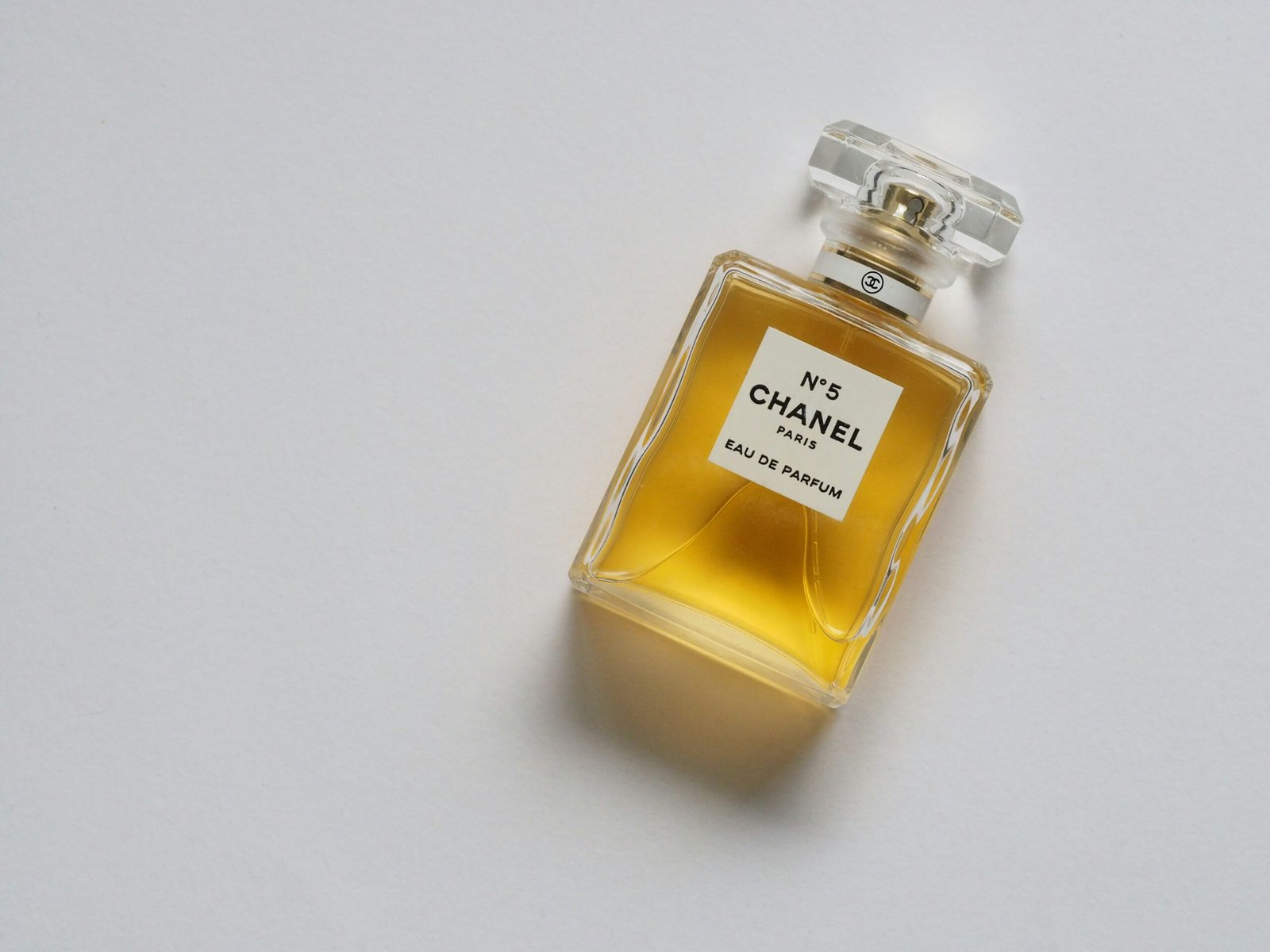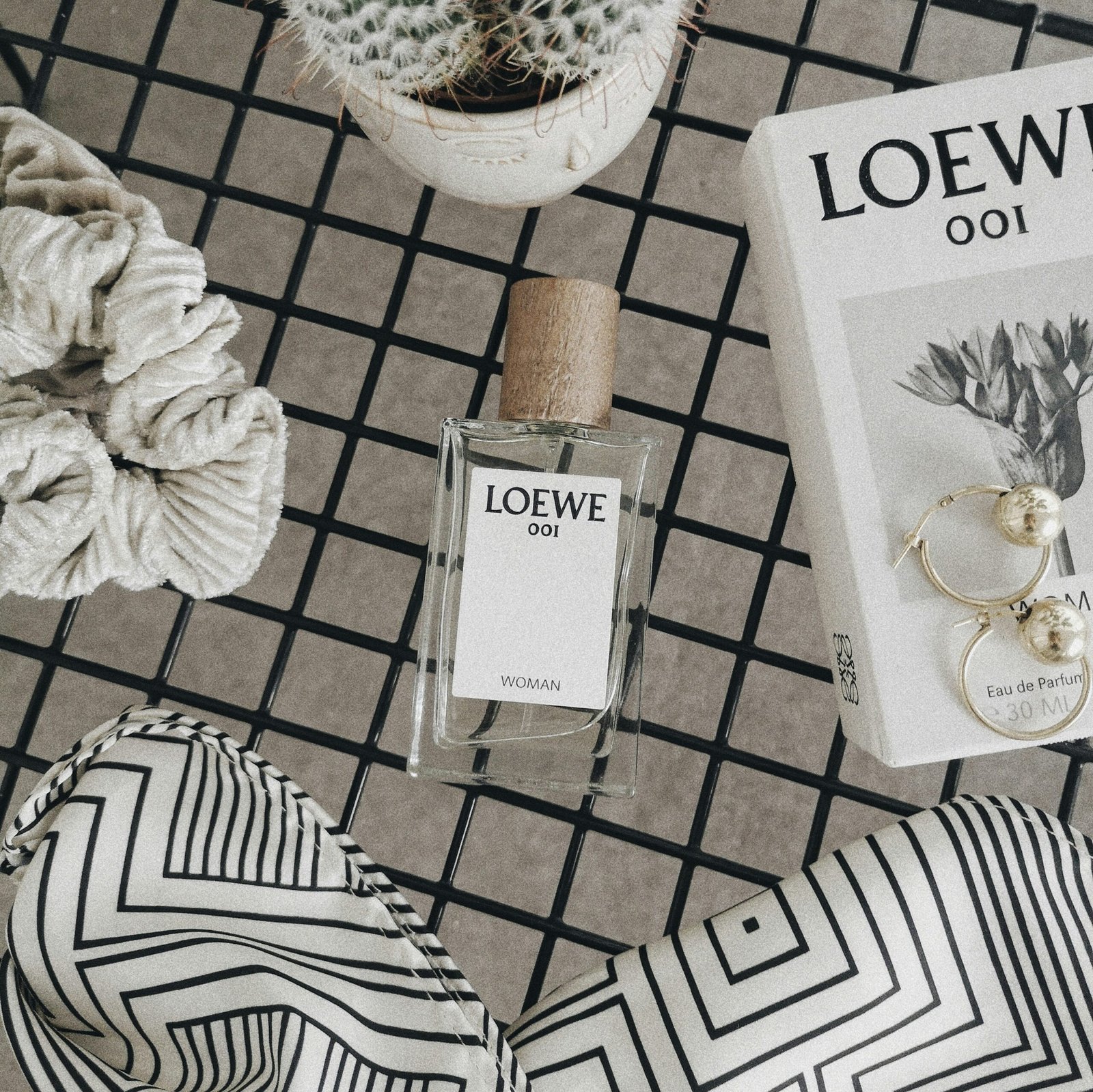The Future of Fragrance: Innovations in Scent Technology
The history of fragrance is a rich tapestry woven through time, dating back to ancient civilizations. Early evidence of perfume use can be traced to Mesopotamia and Egypt, where aromatic resins, oils, and spices were integral to religious rituals and daily life. These ancient societies recognized the power of scent, not only for aesthetic pleasure but also for its perceived spiritual and medicinal properties.
As trade routes expanded, so did the exchange of fragrant materials and knowledge. The Greeks and Romans further refined perfumery, blending local ingredients with exotic imports from the East. During the Middle Ages, the art of fragrance-making experienced a decline in Europe, only to be revived during the Renaissance. This period saw the establishment of the first perfumer guilds and the development of alcohol-based fragrances, which laid the groundwork for modern perfumery.
In the 19th century, advances in chemistry revolutionized the fragrance industry. The discovery of synthetic compounds enabled perfumers to create new, complex scents and replicate rare natural aromas. This era marked the birth of modern perfumery, characterized by iconic fragrance houses and the democratization of scent, making perfumes accessible to a broader audience.
Today, the fragrance industry continues to evolve, driven by technological innovation and changing consumer preferences. Scent technology has emerged as a significant force, enabling the creation of personalized and environmentally sustainable fragrances. Techniques such as molecular distillation, CO2 extraction, and digital olfactometry are transforming how fragrances are developed, ensuring precision and consistency in scent profiles.
The growing importance of scent technology reflects a broader trend in the industry: an increasing focus on customization and sustainability. As consumers become more discerning, the demand for unique, high-quality fragrances that align with personal values and lifestyle choices continues to rise. This shift underscores the need for ongoing innovation in scent technology, ensuring that the fragrance industry remains dynamic and responsive to the needs of the modern world.
The Role of Technology in Modern Fragrance Development
Advancements in technology are radically transforming the fragrance industry, enabling the creation of more complex and unique scents. Synthetic molecules, for instance, have significantly broadened the palette of available scents. Unlike natural ingredients, which can be limited by seasonal availability and sustainability concerns, synthetic molecules offer consistent quality and a virtually limitless range of olfactory possibilities. These molecules can replicate natural scents or create entirely new ones, giving perfumers unprecedented creative freedom.
Artificial Intelligence (AI) is another groundbreaking innovation in fragrance formulation. AI algorithms can analyze vast databases of scent combinations, consumer preferences, and market trends to predict successful fragrance compositions. This technological assistance allows perfumers to experiment with novel combinations and optimize formulations more efficiently than traditional methods. AI can also help in tailoring fragrances to individual preferences, creating personalized scents that resonate on a deeper level with consumers.
Sustainable practices are increasingly becoming a focal point in fragrance development, driven by both consumer demand and regulatory pressures. Technology plays a crucial role in this shift toward sustainability. Advances in green chemistry enable the creation of eco-friendly synthetic molecules, reducing the reliance on natural resources. Additionally, biotechnological methods, such as fermentation and cell culture, are being employed to produce high-quality fragrance ingredients in a more sustainable manner. These methods not only lessen the environmental impact but also ensure a stable supply of rare and endangered natural ingredients.
Overall, technology is empowering perfumers to push the boundaries of creativity and sustainability in fragrance development. The integration of synthetic molecules, AI, and sustainable practices is paving the way for the future of fragrance, where innovation meets environmental responsibility.
AI and Machine Learning in Fragrance Design
Artificial Intelligence (AI) and machine learning are transforming the fragrance industry by predicting scent combinations and consumer preferences with unprecedented accuracy. Leveraging vast datasets, these technologies enable perfumers to craft unique and personalized fragrances that resonate with individual tastes. For instance, AI platforms like IBM’s Philyra utilize machine learning algorithms to analyze thousands of fragrance formulas, ingredient combinations, and consumer preferences. By doing so, they can suggest novel scent profiles that align with current market trends and consumer desires.
The use of AI in fragrance design extends beyond mere suggestion. Tools such as Google’s DeepMind and other neural networks engage in deep learning processes, exploring the chemical compositions of various scents. These systems can identify patterns and relationships between different fragrance molecules, thus predicting how they might interact to produce a desired scent. This accelerates the formulation process, reducing the time and resources traditionally required for trial-and-error testing.
One of the significant benefits of integrating AI and machine learning in fragrance design is the ability to create highly customized scents. Brands can now offer personalized fragrance experiences by analyzing consumer data, such as purchase history and scent preferences, to recommend or create bespoke fragrances. This level of customization was previously unattainable with conventional methods.
However, these technological advancements are not without limitations. The complexity of human olfaction, subjective nature of scent preferences, and the intricate chemistry of fragrance creation present challenges that AI has yet to fully overcome. While AI can predict and suggest combinations, the final approval still relies on human expertise and sensory evaluation.
Despite these challenges, the integration of AI and machine learning in fragrance design signifies a significant leap forward. As these technologies continue to evolve, they promise to further streamline the creation of innovative and personalized fragrances, catering to the nuanced preferences of consumers worldwide.
Sustainable and Eco-Friendly Innovations
In recent years, the fragrance industry has seen a significant shift towards sustainable and eco-friendly practices. This shift is driven by increasing consumer awareness and demand for products that are not only luxurious but also environmentally responsible. One of the key areas of innovation is the use of biodegradable packaging. Traditional plastic packaging is being replaced with materials that decompose naturally, reducing the environmental impact. Brands are experimenting with plant-based plastics, recycled paper, and other sustainable materials to package their products.
Another important aspect is the incorporation of natural ingredients. Synthetic chemicals, once a staple in fragrance production, are being phased out in favor of naturally derived compounds. Essential oils, plant extracts, and other organic materials are now preferred due to their lower environmental footprint and the perceived health benefits. This trend ensures that fragrances are not only pleasant to the senses but also safe for the environment and the consumers.
Renewable resources are also playing a crucial role in the sustainable transformation of the fragrance industry. Companies are investing in renewable energy sources such as solar and wind power to reduce their carbon footprint. Additionally, the cultivation of raw materials is being managed more sustainably, with practices like organic farming and fair trade gaining traction. These efforts are aimed at ensuring that the production of fragrances does not deplete natural resources or harm local ecosystems.
Several companies and brands are at the forefront of these sustainable innovations. For example, brands like Lush and The Body Shop have long been advocates for eco-friendly practices, using recycled packaging and natural ingredients in their products. Meanwhile, newer brands such as Abel and Phlur are making waves with their commitment to using 100% natural and sustainable ingredients. These companies not only set a high standard for the industry but also inspire other brands to follow suit.
Overall, the future of fragrance lies in its ability to balance luxury with sustainability. As more brands adopt these eco-friendly practices, the industry is likely to see a continued rise in innovations that prioritize both the planet and the consumer.
The Impact of Biotechnology on Fragrance
Biotechnology is revolutionizing the fragrance industry by offering innovative methods to create and enhance scents. Traditional perfume production often relies on natural resources, which can be limited and environmentally taxing. However, advances in biotechnology, particularly genetic engineering and microbial fermentation, are paving the way for more sustainable and diverse fragrance creation.
Genetic engineering plays a crucial role in the development of new fragrance compounds. By manipulating the genetic material of plants and microorganisms, scientists can produce specific aromatic molecules that may not be readily available in nature. This approach not only allows for the creation of unique scents but also ensures a consistent and renewable supply of key fragrance ingredients. For example, researchers have successfully engineered yeast and bacteria to synthesize essential oils and other aromatic compounds, reducing the dependency on traditional extraction methods from plants.
Microbial fermentation is another groundbreaking technique in the realm of fragrance production. This process involves using microorganisms to convert simple substrates like sugars into complex fragrance molecules. Fermentation offers several advantages, including scalability, cost-effectiveness, and reduced environmental impact. One notable example is the production of rose oil via microbial fermentation, which offers a high-quality alternative to the labor-intensive and resource-heavy traditional extraction from rose petals.
The application of these biotechnological advancements extends beyond just creating new scents. They also improve existing fragrances by enhancing their stability, longevity, and overall quality. For instance, biotechnologically derived musk compounds offer a more ethical and sustainable alternative to natural musk, which is often obtained from endangered animal species. By leveraging the power of biotechnology, the fragrance industry can meet the growing demand for sustainable and innovative products while minimizing its environmental footprint.
In summary, biotechnology is transforming the fragrance industry by introducing new methods for creating and improving scents. Through genetic engineering and microbial fermentation, the production of fragrance compounds is becoming more sustainable, efficient, and diverse, heralding a new era of olfactory innovation.
Personalized Fragrance Experiences
The realm of fragrance is experiencing a significant transformation, driven by advancements in technology that allow for an unprecedented level of personalization. Personalized fragrance experiences have emerged as a prominent trend, catering to the unique scent preferences of individuals. The integration of data analytics and consumer feedback is at the forefront of this evolution, enabling the creation of bespoke fragrances tailored to individual tastes.
In the past, selecting a fragrance often involved trial and error, with consumers relying on limited samples and personal intuition. However, contemporary innovations have introduced sophisticated methodologies for crafting personalized scents. Data analytics play a pivotal role in this process. By analyzing vast amounts of data, including consumer preferences, purchase history, and demographic information, fragrance developers can identify patterns and preferences that inform the creation of customized scents.
Consumer feedback is equally crucial in the personalization process. Modern platforms and services invite users to provide detailed input regarding their scent inclinations. This feedback is meticulously analyzed to refine fragrance formulations, ensuring that the end product aligns with the consumer’s desired olfactory profile. The incorporation of artificial intelligence further enhances this capability, allowing for more accurate and efficient matching of fragrances to individual preferences.
Several services and products exemplify the personalized fragrance trend. Companies like Scentbird and Waft offer subscription-based models that provide personalized fragrance samples based on user preferences. These services utilize questionnaires and algorithms to curate a selection of scents that are likely to resonate with the consumer. Additionally, high-end brands such as Maison Francis Kurkdjian and Jo Malone offer bespoke fragrance creation experiences, where clients can work directly with perfumers to design their own unique scent.
Overall, the shift towards personalized fragrance experiences underscores the importance of individualism in the modern consumer landscape. As technology continues to evolve, the possibilities for creating customized scents will expand, offering consumers a more tailored and satisfying olfactory experience.
The Future of Retail and Scent Delivery
Innovations in scent delivery systems are revolutionizing the retail experience, offering a myriad of new ways for consumers to engage with fragrances. Traditional methods of sampling perfume in stores are being supplemented and, in some cases, replaced by advanced technologies designed to enhance the sensory experience.
Scent diffusers have seen significant advancements, moving beyond mere air fresheners to sophisticated devices capable of creating personalized olfactory environments. These smart diffusers can be programmed to release specific fragrances at designated times, tailored to individual preferences or even to evoke certain moods. This technology is increasingly being utilized in retail spaces to create an inviting atmosphere that aligns with a brand’s identity, thereby enhancing customer experience and encouraging longer store visits.
Wearable fragrance devices represent another leap forward in scent delivery technology. These innovative gadgets allow individuals to carry their favorite scents with them, offering a discreet and convenient way to refresh their fragrance throughout the day. Some devices even integrate with smart technology, providing users with the ability to control scent intensity and duration via a mobile app. This personalization of fragrance wearability not only caters to individual preferences but also opens up new possibilities for how scents can be marketed and sold.
Digital scent technology, though still in its nascent stages, holds the potential to transform how consumers experience fragrances online. Using electronic means to transmit scent molecules, this technology aims to enable consumers to sample perfumes through digital platforms. Imagine browsing an online store and being able to experience a fragrance’s top, middle, and base notes without ever leaving your home. Such advancements could significantly reduce the barriers to purchasing fragrances online, making it easier for consumers to find scents they love without the need for physical samples.
These innovations in scent delivery are not merely futuristic concepts but are actively shaping the present and future of fragrance retail. As technology continues to evolve, it is likely that we will see even more creative and immersive ways for consumers to experience and purchase fragrances, ultimately transforming the landscape of the fragrance industry.
Conclusion and Looking Forward
Throughout this article, we’ve explored the fascinating advancements in fragrance technology, highlighting the innovative strides being made in the industry. From the integration of artificial intelligence for personalized scent creation to the development of sustainable and eco-friendly fragrances, the future of scent technology holds immense potential. These innovations not only promise to enhance consumer experiences but also align with increasing environmental consciousness.
One of the most exciting developments is the use of AI to tailor fragrances to individual preferences, creating truly bespoke scents. This personalization extends beyond mere preference, incorporating data on mood, personality, and even genetic makeup to craft unique olfactory experiences. Such technological advancements are set to revolutionize the fragrance industry, making scent a more intimate and personalized aspect of daily life.
Sustainability also plays a crucial role in the future of fragrance technology. With the growing demand for eco-friendly products, the industry is seeing a shift towards using natural and renewable resources. Innovations in biotechnology and green chemistry are paving the way for the creation of sustainable fragrances that do not compromise on quality or performance. This move towards sustainability is not just a trend but a necessary evolution in response to global environmental concerns.
Moreover, the integration of digital technology in fragrance delivery systems, such as smart diffusers and wearable scent devices, is poised to change how we interact with and experience fragrances. These advancements offer new possibilities for scent marketing and personalized ambient experiences, making the presence of fragrance more dynamic and interactive.
As we look forward, it is clear that the fragrance industry is on the cusp of significant transformation. The ongoing research and development promise exciting new possibilities that will continue to shape the way we perceive and use fragrances. We encourage readers to stay informed and engaged with these advancements, as they represent a thrilling intersection of technology, creativity, and sensory experience. The future of fragrance is not just about new scents but about redefining our relationship with them in innovative and meaningful ways.
Share this content:




 Italiano
Italiano English
English Español
Español